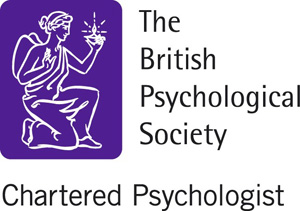EMDR - Eye Movement Desensitisation Reprocessing
When people experience events that are particularly upsetting, the brain may struggle to process this information in the ordinary way. Difficult moments become "frozen in time," and remembering a trauma may feel as bad as going through it the first time. Images, sounds, smells, and feelings may be experienced just as they were in the original event and may frequently be triggered by stimuli in the environment. These memories can have a lasting negative effect that interferes with both relationships and everyday activities.
EMDR appears to have a direct effect on the way the brain processes information. Following a successful session, associated images, sounds, and feelings are no longer relived when the event is brought to mind. Clients still remember what happened, but it no longer has the ‘emotional charge’ that it once had. EMDR can be thought of as a physiologically based therapy that helps a person see disturbing material in a new and less distressing way.
What happens in an EMDR session?
EMDR works by stimulating both hemispheres of the brain. I use various means of creating the bi-lateral stimulation that lies at the heart of the EMDR process. This may consist of eye movements or tapping; and occasionally, both. I sometimes use equipment that produces a back and forth stimulation through the use of headphones or small tappers that you hold in your hands. This equipment has been found to be just as effective in delivering EMDR, as treatment involving the use of eye and hand movements.
What can EMDR be used for?
Numerous randomised controlled trials have found EMDR to be effective in the treatment of post-traumatic stress with remission of distressing symptoms in a majority of cases. EMDR can be used as an adjunct alongside other forms of therapy to target ‘hotspots’ or other disturbing memories.
EMDR can also be helpful in assisting with smaller traumas or upsetting incidents that may not have attracted a diagnosis of PTSD.
How long does it take?
Relief can be gained from single-incident traumas within a few sessions. Multiple traumas embedded in complex difficulties, may, however, require longer treatment. Please note that EMDR may sometimes need to be conducted within 90 minute sessions. It is possible to carry out EMDR online, but not in every case. Where trauma is complex, face to face re-processing may be indicated for reasons of safety.



